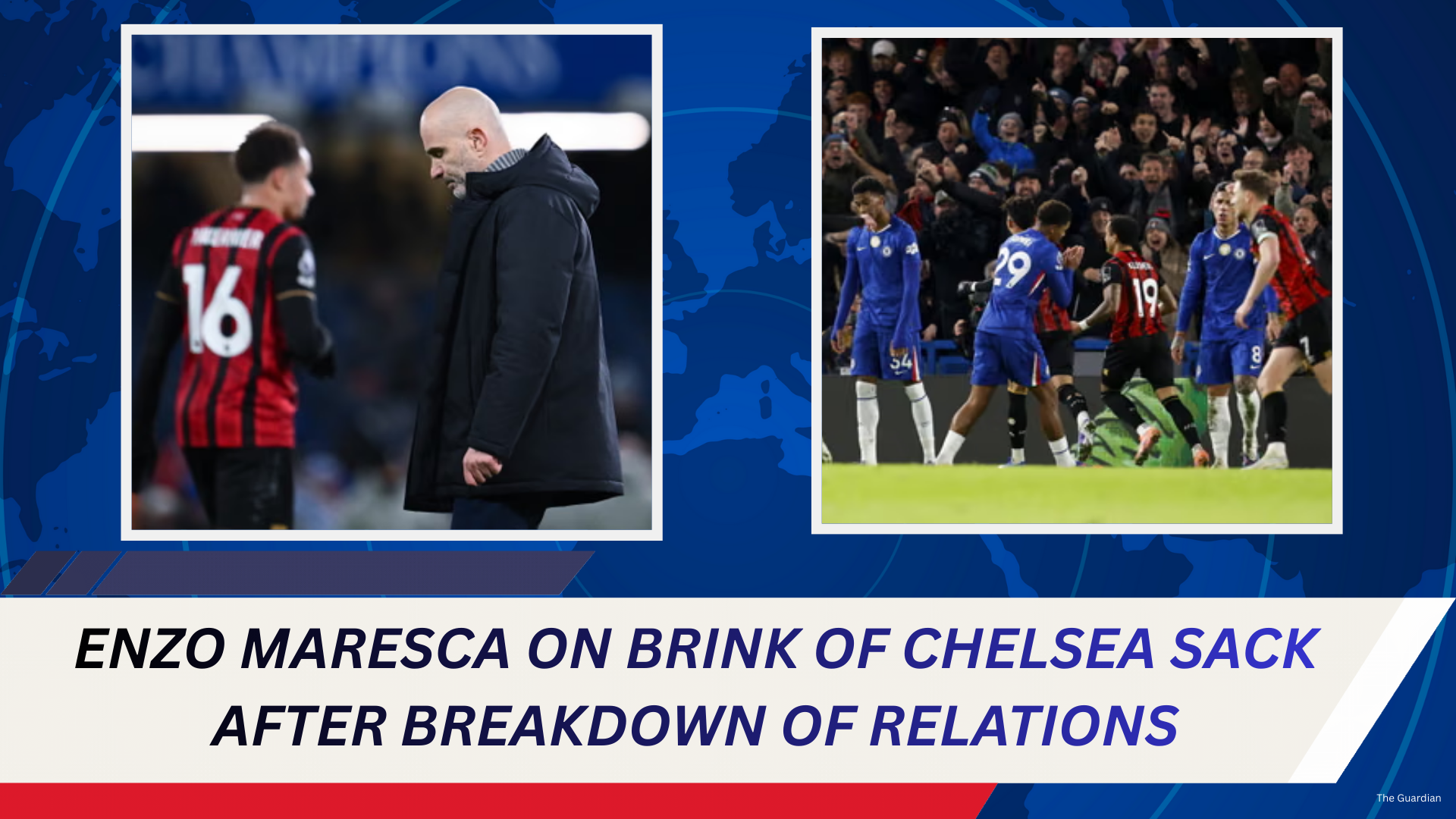The Miami Dolphins’ 31-6 loss to the Cleveland Browns on Sunday was a sobering reminder of how fragile a team’s confidence and cohesion can be in the NFL. Head coach Mike McDaniel, whose tenure has been scrutinized since his first season, offered a line after the game that perfectly captured the bleak state of the Dolphins’ season: “We’ll change our style of play if needed.”
At first glance, the comment may seem innocuous. But for fans and analysts, it underscored a bigger issue: McDaniel’s team currently lacks identity, adaptability, and consistency. The Dolphins have struggled to establish a resilient offensive scheme that works in all situations, and this loss highlighted the limitations of both the play-calling and personnel.
The Offensive Struggles
Sunday’s game was arguably the worst offensive performance under McDaniel’s leadership since taking over as head coach in 2022. Quarterback Tua Tagovailoa threw three interceptions, including one returned for a touchdown and another that set up the Browns deep in Miami territory. The running game produced minimal impact, and the Dolphins were unable to sustain drives or create explosive plays.
According to Expected Points Added (EPA) metrics, this outing was the worst for both McDaniel and Tagovailoa since the coach’s first season. Even when the Dolphins have been at their peak offensively in the past, they were ill-equipped to grind out victories against a disciplined Cleveland defense. On Sunday, the combination of poor weather, ineffective execution, and questionable adjustments left the Dolphins floundering.
Cultural Concerns
McDaniel’s leadership challenges extend beyond X’s and O’s. Team culture has been a recurring talking point since he arrived in Miami. Early in his tenure, McDaniel made headlines by removing the ping-pong table from the locker room in an effort to improve focus, signaling a desire to enforce discipline and accountability.
Yet despite repeated offseason emphasis on culture, reports indicate that issues persist. After Week 6, Tagovailoa revealed that some players were still arriving late to meetings, raising concerns about buy-in and accountability. In this context, McDaniel’s postgame comment about “changing our style” resonates as more than just a tactical statement—it reflects a team searching for direction and cohesion.
Quarterback Performance
Tagovailoa’s struggles were magnified on Sunday. Forced into difficult situations by turnovers and a stagnant offensive line, he was unable to recover. Backup quarterback Quinn Ewers saw limited action late in the game but also failed to spark any momentum. Miami’s offensive woes were compounded by a lack of depth and adaptability, leaving Tagovailoa with little room to maneuver.
The quarterback’s play, combined with McDaniel’s decision-making, points to a troubling pattern: the Dolphins have yet to find a reliable identity or contingency plan when games start going sideways. Against teams that apply pressure and limit mid-field passing lanes, Miami’s offense continues to sputter.
Looking Ahead
The Dolphins’ schedule offers little reprieve in the coming weeks. McDaniel will need to make tough decisions regarding game plans, player roles, and perhaps even his own coaching approach. With a 1-6 record and offensive efficiency ranking near the bottom of the league, the pressure to adapt is mounting.
For fantasy football managers, this loss also has implications. Tagovailoa’s value is diminished when the offense cannot sustain drives or protect the quarterback. Running backs and wide receivers in Miami may see inconsistent touches, making the Dolphins’ skill players less reliable in fantasy lineups until stability returns.
McDaniel’s Legacy Under Scrutiny
Sunday’s game may not mark the official end of McDaniel’s tenure, but it does signal a turning point in the narrative surrounding his time in Miami. Critics have long questioned his adaptability and leadership, and the team’s inability to overcome cultural and tactical deficiencies only heightens those concerns.
Even McDaniel’s own comment about potentially changing his “style of play” speaks volumes. It is both a candid acknowledgment of the team’s struggles and a subtle admission that previous approaches have failed. For fans hoping for consistency, the statement is as sobering as the 31-6 scoreboard.
%20(4).png)



.png)
.png)

.png)
.png)
